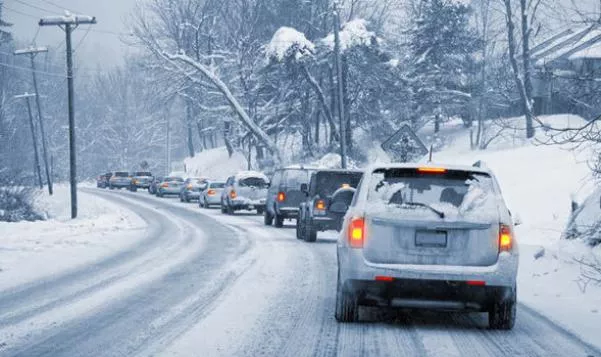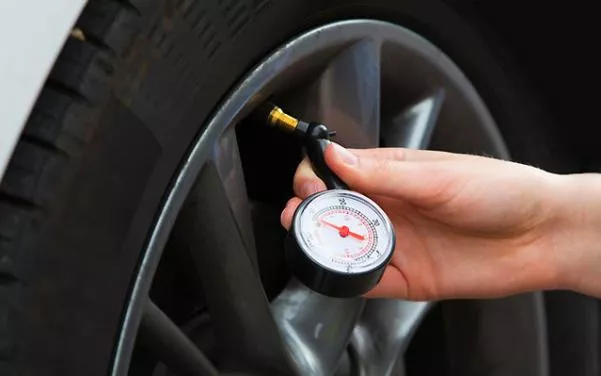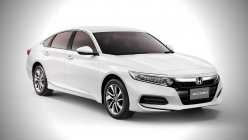Fuel efficiency tests show that for vehicles using conventional gasoline that drive under less than 10 degrees Celsius, the car's fuel efficiency is reduced by 12% compared to driving under 25 degrees Celsius. The figure can be up to 22% on short-haul distances of 3 to 4 miles. The impact of cold temperatures is even greater for hybrid vehicles. The fuel economy of the car can be reduced by 31-34% when operating in cold weather.
Motor News: Cold Weather and Fuel Economy
>>> Related posts:
1. Why do cars consume more energy in the winter?
In extreme winter weather conditions, the car consumes more energy than normal because:
- Engine oil and transmission oil are more condensed, which results in more friction in the cylinders and transmission clutch when the engine operates. The steering system also consumes more energy for the same reason.
- It takes more time for the engine to achieve optimum temperatures for fuel efficiency. This significantly reduces fuel economy, especially if the car is traveling short distances, as most of its mileage will operate at temperatures below the optimum temperature.
- Vehicles will use more fuel for using heaters, heating windows and seaters.

It takes more time for the engine to achieve optimum temperatures for fuel efficiency in the winter
- When it is cold the air is denser, which increases the aerodynamic drag, especially when you are traveling on the highway.
- Tire pressure decreases under cold temperatures, which increases the car’s road grip.
- Very low temperatures cause gasoline to precipitate in layers so there is less energy in every gallon of gasoline.
- Reduced battery performance in cold weather cause charging more difficult. This also affects the performance of regenerative braking on hybrid vehicles.

Tire pressure decreases under cold temperatures, which increases the car’s road grip
2. How to reduce fuel consumption when driving in cold weather?
You can not completely eliminate the effects of the weather on your car’s fuel economy. However, the following simple tips can help reduce the effects.
- If possible, combine multiple short-distance trips into longer trips to avoid starting and heating up the engine so frequently in cold temperatures.
- Parking in warmer places, such as in the garage or indoor parking lots, to increase the temperature of the engine before starting.
- Minimize idling when you start the car because the engine will gain heat faster when the car moves. It is better to drive slowly right after ignition than to stand by and wait for the engine to heat up.
- Only use heating systems in your vehicle when needed.
- Check tire pressure regularly.

Check tire pressure regularly
- Using special oils for cold weather is recommended by the manufacturer.
- Remove accessories that can increase the air resistance such as the roof rack when not in use.
- For a plug-in hybrid or electric vehicle, use the seat heating instead of the heater to save energy and increase the distance of the car.
Hopefully, our article will bring you useful car tips and advice to help improve your car maintenance and be a smarter driver.
>>> Click here to get more helpful tips and advice for car maintenance
Recent posts
- lawmaker bill impact high fuel prices Oct 11, 2022
- solon wants immediate subsidies puv drivers Mar 16, 2022
- Petro Gazz fuel roll back Mar 11, 2022











